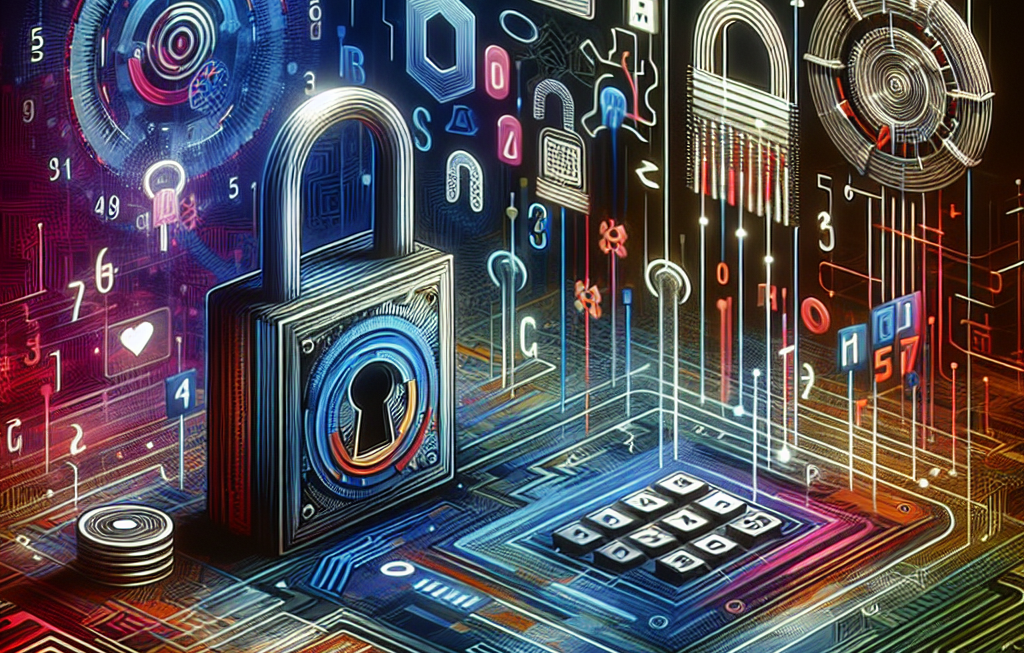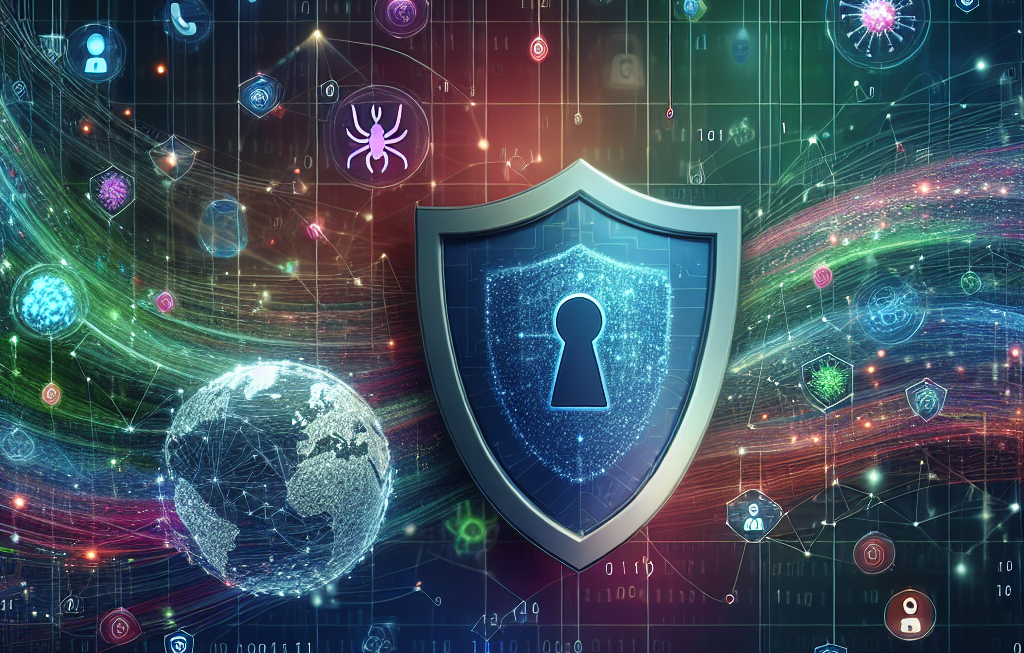Protect Your Online Privacy: Essential Tips for Data Security
In today’s digital age, safeguarding your personal data online is as crucial as locking the doors of your home. With cyber threats on the rise, ensuring your online information’s safety should be a top priority. Whether you’re a frequent online shopper, a social media enthusiast, or working remotely, protecting your data entails a layered approach to cybersecurity. Here, we offer you actionable and practical tips to help you maintain your digital privacy.
1. Understand the Value of Your Personal Data
Many users underestimate the value of their personal data. Your information, such as name, address, social media habits, and financial details, can be a goldmine for cybercriminals. Recognizing its importance is the first step towards safeguarding it. Always be mindful of the information you share online.
2. Strengthen Your Passwords
One of the simplest ways to protect your online accounts is by using strong and unique passwords. Avoid using common or easily guessable passwords like “123456” or “password.” Instead, opt for a combination of:
- Upper and lower case letters
- Numbers
- Special characters
Consider using a password manager to help you maintain complex, unique passwords for each of your accounts.
3. Enable Multi-Factor Authentication (MFA)
Multi-factor authentication adds an extra layer of security by requiring not just a password, but also an additional verification factor. This could be a text message, authentication app, or physical key. Enable MFA wherever possible to ensure that only you have access to your accounts.
4. Keep Your Software Updated
Out-of-date software is a favored entry point for cyberattacks. Regularly update your operating systems, browsers, and applications to integrate the latest security patches. Many attacks exploit known vulnerabilities that manufacturers have already addressed.
5. Be Wary of Phishing Scams
Phishing attacks are becoming increasingly sophisticated. These scams attempt to trick you into providing sensitive information, often by masquerading as legitimate organizations. Always verify the sender’s email address, avoid clicking on suspicious links, and never give out personal information unsolicited.
6. Protect Your Wi-Fi Network
Your home Wi-Fi network can be a gateway for cybercriminals if left unsecured. Change the default username and password, enable network encryption, and consider hiding your network’s SSID. It’s also wise to create a separate network for guests to limit access to your primary system.
7. Use a Virtual Private Network (VPN)
A VPN encrypts your internet traffic, masks your IP address, and makes it difficult for cybercriminals to track your online activities. Especially when using public Wi-Fi, a VPN enhances your privacy and security. Opt for a reliable service that guarantees no-logs policies.
Conclusion
Empowering yourself with cybersecurity knowledge is an ongoing process. By implementing these essential tips, you are doing your part in protecting your digital presence. Remember, cybersecurity is not just about reacting to threats but proactively defending against them. Taking these steps today can save you from a potential data breach tomorrow.





